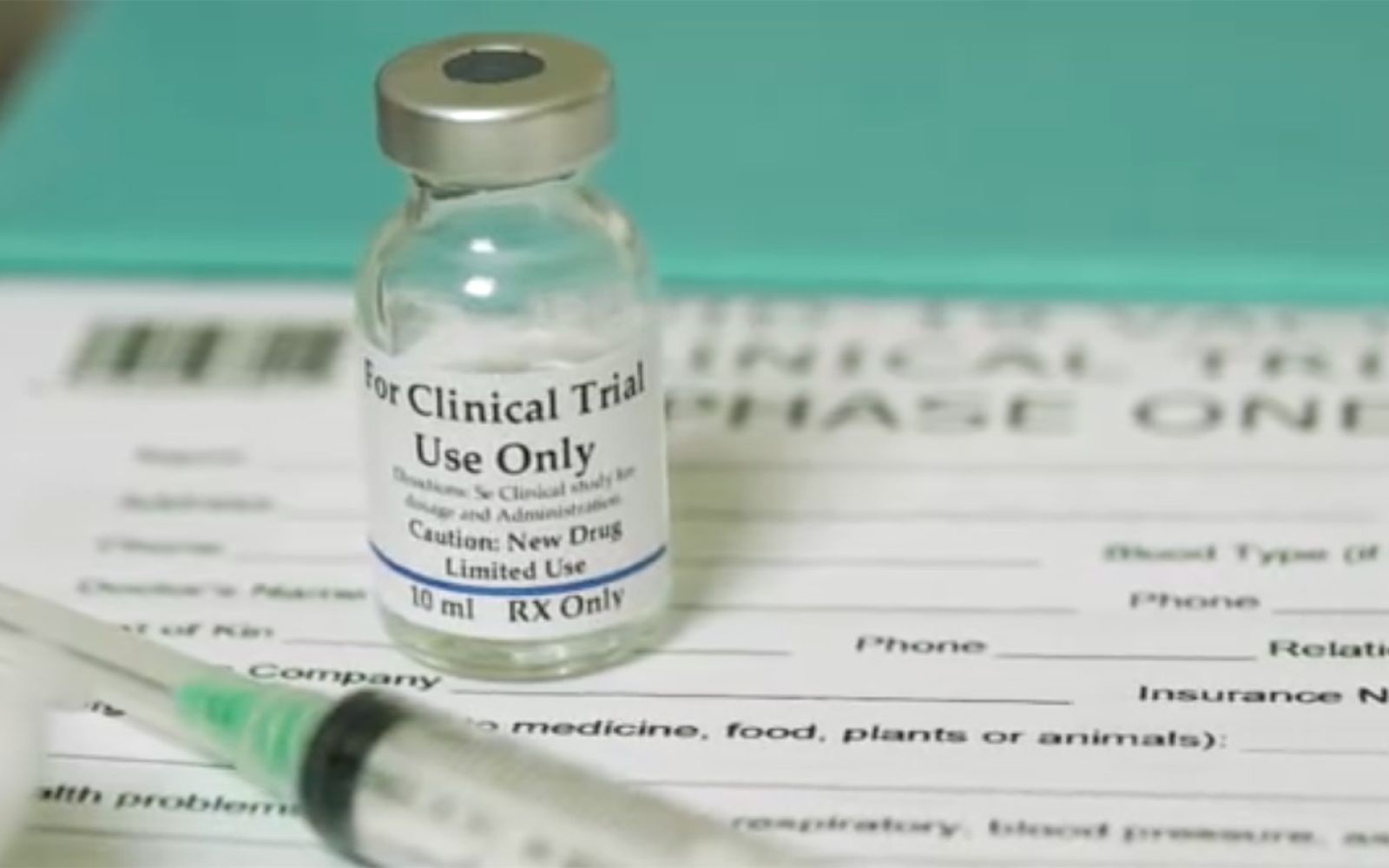Who Should Consider a Clinical Trial?
Clinical trials test new treatments and therapies to determine their safety and effectiveness. Owensby emphasizes that participation is always voluntary, and no one should feel pressured. Instead, patients should view trials as an opportunity to access the latest treatments while receiving extra medical oversight.
Why Diversity Matters
Medical treatments can affect people differently based on factors like race and ethnicity. Owensby highlights the importance of diverse participation in clinical trials to ensure better, more effective treatments for all populations.
Types of Clinical Trials
- Prevention Trials focus on ways to reduce disease risk.
- Treatment Trials test new medications or therapies for diagnosed conditions.
Benefits of Participation
Patients in clinical trials:
✔ Gain early access to promising new treatments.
✔ Receive closer monitoring from research teams.
✔ Have stronger support networks, as families are often included in the consent process.
📅 Aired: July 29, 2024
📍 Available on PBS.org and the PBS App.




